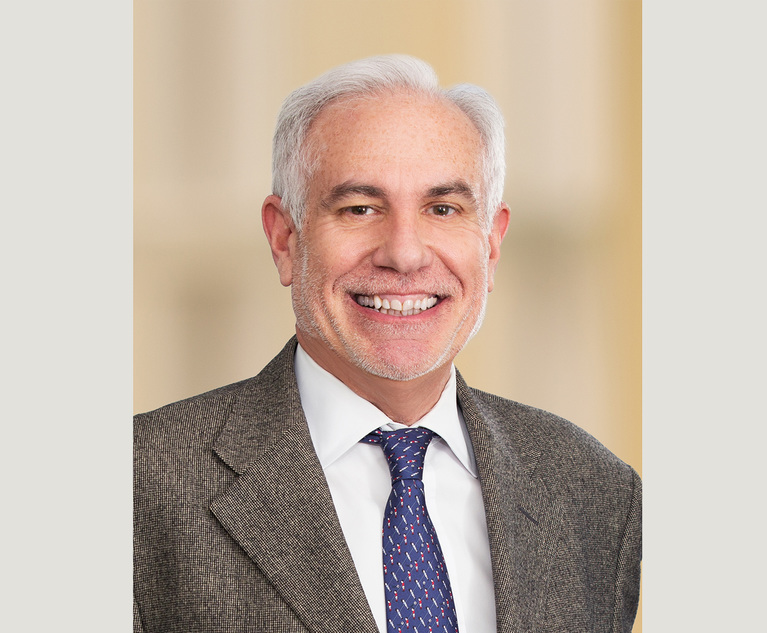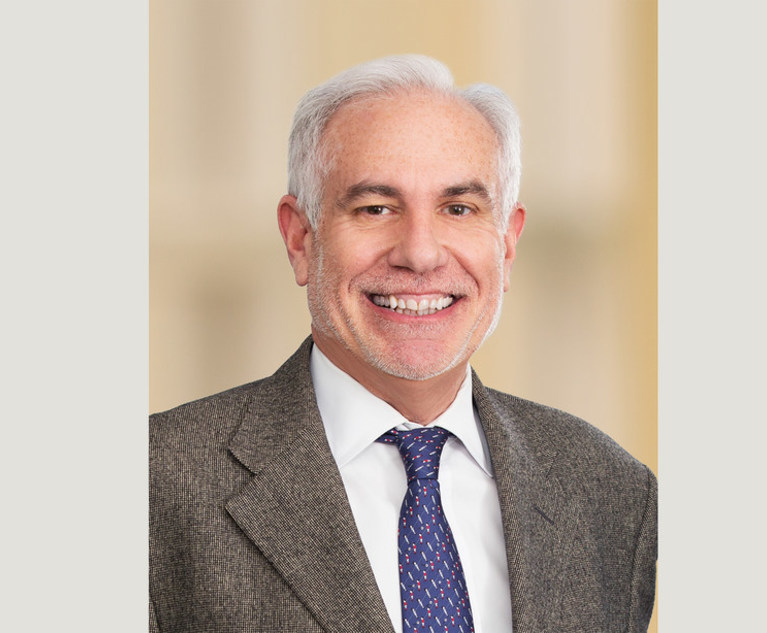Randy D. Gordon

March 15, 2023 | Texas Lawyer
Sensing an Ending: How Telling Stories Shapes Jurors' UnderstandingLet's consider how narratives are constructed and how they lead us to conclusions.
By Randy D. Gordon
7 minute read

December 01, 2022 | Texas Lawyer
Marcel Proust on Law, Media and ScandalsThis year marks the centenary of the death of Marcel Proust, whose monumental "In Search of Lost Time" continues to both inspire and frustrate.
By Randy D. Gordon
6 minute read

November 02, 2022 | Texas Lawyer
Sensing an Ending: Inevitability in Closing ArgumentsA case going to trial has no inevitable conclusion. Making the theory of a case appear inevitable is the best we can hope for.
By Randy D. Gordon
6 minute read

September 20, 2022 | Texas Lawyer
Closing Argument and the End of the StoryIn summarizing evidence at trial it behooves the lawyer to adhere to the "huntsman's paradigm" for discerning traces and following signs to an inevitable conclusion.
By Randy D. Gordon
8 minute read

September 08, 2022 | Texas Lawyer
Replacement or Renewal? Some Thoughts on Legal History"I want us to think about the historical fact of conquest and immigration and what this has meant for social constructs and institutions, especially the law. Language and literature will be our guides."
By Randy D. Gordon
7 minute read

August 02, 2022 | Texas Lawyer
Framing Closing Arguments, Part 3A question of motive: From Sherlock Holmes to the O.J. Simpson case.
By Randy D. Gordon
7 minute read

May 23, 2022 | Texas Lawyer
Framing Closing Arguments, Part 2Just as a moviegoer must act on a series of cues subliminally signaling that her brain must unconsciously run certain "procedural schemas" that will allow her to transform discourse into narrative, so must a juror match the unanchored discourse of trial to her storehouse of real-world experiences and beliefs.
By Randy D. Gordon
8 minute read

March 21, 2022 | Texas Lawyer
Framing Closing Arguments, Part 1"Thus, closing arguments tend to have a recognizable spine: praise for the jury's dedication and diligence, a few personal touches designed to show a common history and shared values, a selective appropriation of the evidence ordered into story form, and scattered commentary casting doubt on the opposition's case," says Randy D. Gordon, the office managing partner of the Dallas office of Duane Morris LLP.
By Randy D. Gordon
5 minute read

January 26, 2022 | Texas Lawyer
Rhetoric, Improvisation and the Construction of Trial StoriesTrial itself involves lawyers introducing bits of evidence—something like hanging ornaments on a tree—that make their trial stories appear weightier and more attractive. (Or the reverse, when they're challenging their oppositions' evidence).
By Randy D. Gordon
9 minute read

December 16, 2021 | Texas Lawyer
Rhetoric and Improvisation in the Drama of TrialThe most common trial tactic is the objection, which can be used for a substantive purpose (e.g., keeping out inadmissible evidence like hearsay) or a merely strategic purpose (e.g., disrupting an examination that is going too well or casting suspicion on unfavorable evidence).
By Randy D. Gordon
9 minute read
Trending Stories
- 1'True Leadership Is About Putting Others First': 2024 In-House Award Winners Inspired, Took Road Less Traveled
- 2A Q&A with Sidley Austin's London Leader
- 3New York-Based Harris Beach Combines With Connecticut-Based Murtha Cullina, Forming NE Powerhouse
- 4New Year, New Am Law 100: Challenges Await These Newly Merged Law Firms
- 5Thursday Newspaper
More from ALM
- Scan In Progress: Litigators Leverage AI to Screen Prospective Jurors 1 minute read
- Legal Speak at General Counsel Conference East 2024: Match Group's Katie Dugan & Herrick's Carol Goodman 1 minute read
- Legal Speak at General Counsel Conference East 2024: Eric Wall, Executive VP, Syllo 1 minute read



